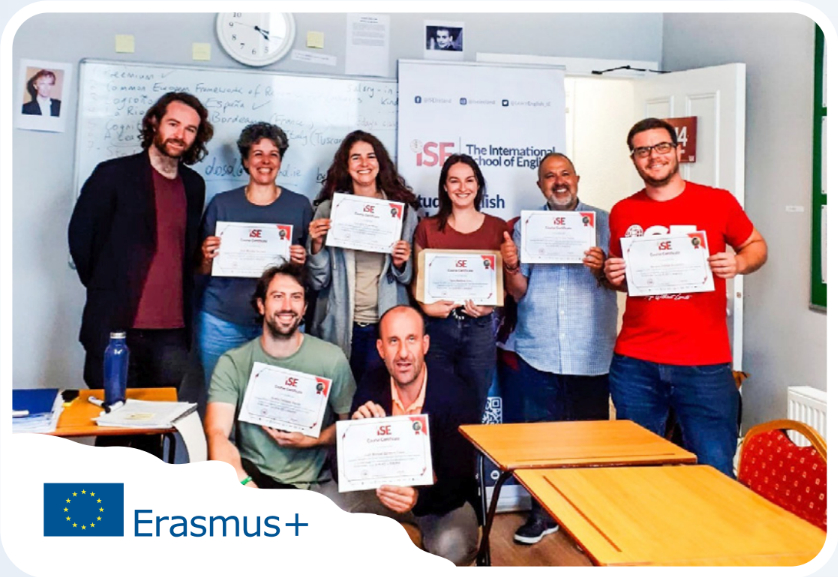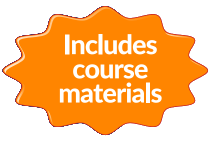
Why Choose ISE Ireland
- Erasmus+ KA1 Funding Eligible
- Combination of academic and cultural learning
- Tailored programmes for groups and individuals
- Active social and cultural programme in Dublin
- Flexible start dates throughout the year
- Experienced trainers with international teaching backgrounds
About Dublin
Dublin is a friendly, dynamic capital city rich in history, culture, and music.
With its vibrant social life, safe environment, and excellent transport connections, it’s the perfect place to combine professional development with an unforgettable travel experience.


Who Should Attend
- Erasmus+ KA1 Funding Eligible
- Combination of academic and cultural learning
- Tailored programmes for groups and individuals
- Active social and cultural programme in Dublin
- Flexible start dates throughout the year
- Experienced trainers with international teaching backgrounds




